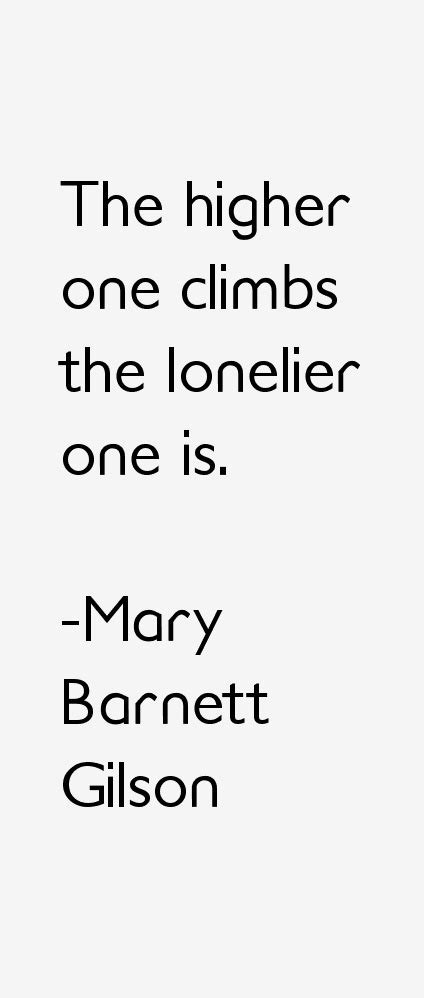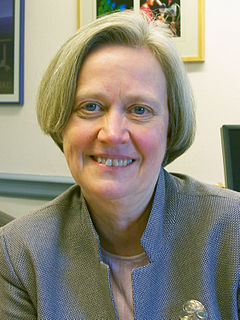A Quote by Paul Nurse
A key issue in developmental biology at that time was the problem of how cells underwent differentiation, with most workers concentrating on explanations in terms of changes in enzyme and gene regulation.
Related Quotes
Both in Britain and America, huge publicity has been given to stem cells, particularly embryonic stem cells, and the potential they offer. Of course, the study of stem cells is one of the most exciting areas in biology, but I think it is unlikely that embryonic stem cells are likely to be useful in healthcare for a long time.
Of course the issue of ending war, and creating prosperity; they're overarching issues all the time. But right now, the challenge to this generation I believe is the climate crisis. It's a national security issue, it's a health issue in terms of clean air, it's a competitiveness issue in terms of innovation and it's a moral issue to preserve the planet for the next generation.
The big idea we start with is: "How is the genome interpreted, and how are stable decisions that affect gene expression inherited from one cell to the next?" This is one of the most competitive areas of molecular biology at the moment, and the students are reading papers that in some instances were published this past year. As a consequence, one of the most common answers I have to give to their questions is, "We just don't know."
Heredity is to-day the central problem of biology. This problem may be approached from many sides - that of the breeder, the experimenter, the statistician, the physiologist, the embryologist, the cytologist - but the mechanism of heredity can be studied best by the investigation of the germ cells and their development.





































